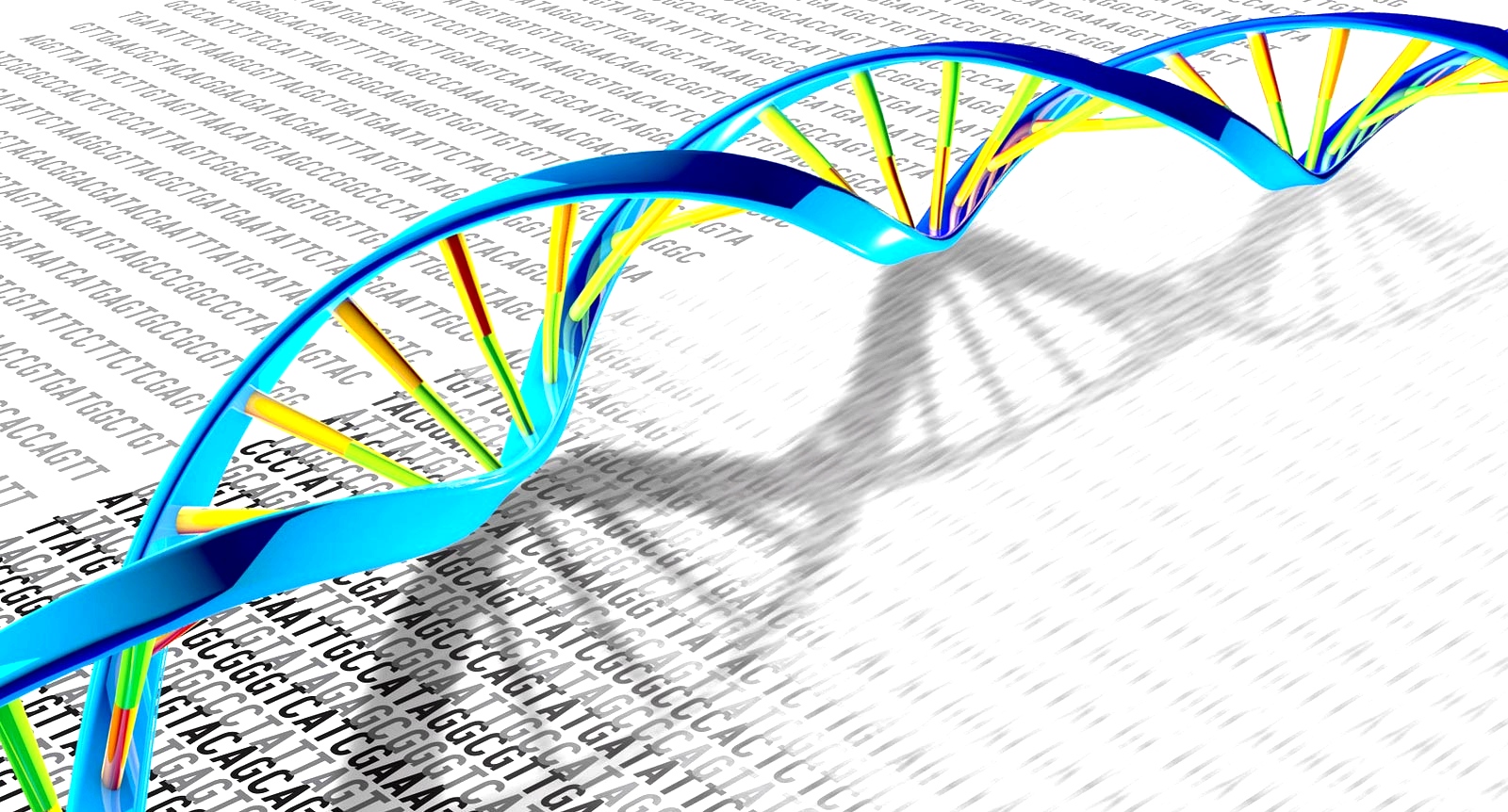Genomic data analytics and interpretation is a critical component of modern genomic research and medicine. With the advent of high-throughput sequencing technologies, the volume of genomic data has grown exponentially, making it essential to have robust analytical and interpretive methods.
The challenge of genomic data interpretation is multifaceted. First, the sheer volume of data generated by sequencing technologies requires sophisticated bioinformatics tools and algorithms to analyse and interpret. Second, the complexity of genomic data, including multiple interlinking and frequent updates, makes it difficult to store and manage in traditional databases. Third, the sensitive nature of genomic data requires high levels of security and controlled access to prevent misuse.
What is genomic data analytics and interpretation ?
Despite these advances, there are still challenges in genomic data management, including volume and privacy. Genomic datasets are vast, so it’s a significant challenge to manage and store them. They’re difficult to store in traditional databases for a few reasons: – Genomic data is highly complex with multiple interlinking that creates data duplication – The data constantly grows and changes, so it requires frequent updates – Sophisticated algorithms require the data to be preformatted in complex ways for data analysis
Organisations require a large amount of computational power and storage resources to analyse genomic data. Privacy is a significant challenge due to the sensitive nature of the information and the potential for misuse. For example, genomic data can identify individuals with increased risk of certain diseases and conditions. So, the data could potentially be misused to discriminate based on genetic information. To avoid misuse, businesses must ensure controlled access and high levels of security in genomic data management.
What are some applications of genomic data analytics in healthcare ?
Genomic data analytics in healthcare involves the use of powerful computational and statistical methods to decode the functional information contained in genomic data. This field of study is crucial for better understanding human health and disease, while also raising questions about privacy and ethics. As biomedical research projects and large-scale collaborations grow, the amount of genomic data being generated is increasing rapidly, with roughly 2 to 40 billion gigabytes of data now generated each year.
Genomic data science tools help researchers and clinicians uncover how differences in DNA affect human health and disease. Genomic data science emerged as a field in the 1990s to bring together two laboratory activities: experimentation and data analysis. Experimentation involves generating genomic information from studying the genomes of living organisms, while data analysis uses statistical and computational tools to analyse and visualise genomic data. This includes processing and storing data, using algorithms and software to make predictions based on available genomic data, and identifying genomic differences that may present no health risks or directly cause inherited rare disorders, cancers, or other diseases.
Genomic data analytics has various applications in healthcare, including precision prevention through population-based genetic testing, drug discovery, and personalised therapy. Genome-wide association studies use extensive genomic data to investigate genotype-phenotype associations, and the findings may provide powerful support for drug discovery. Polygenic risk scores, developed based on GWAS, offer new ideas for disease diagnosis and personalised therapy. Artificial intelligence and machine learning methods are also helping data scientists to overcome the challenge of managing and analysing large volumes of multidimensional genomic data.
Managing and storing high volumes of genomic data requires experts in both computer technologies and genomics to use various computer systems and data analysis and coordination centres. Generating genomic data requires significant financial support from institutions such as the National Human Genome Research Institute (NHGRI), which provides over $125 million each year to support various genomic data science endeavours. The generated data resources are often made available to the broader scientific community to facilitate further data analyses.
Conclusion :
In conclusion, genomic data analytics and interpretation are indispensable in modern genomic research and healthcare. The rapid advancement of high-throughput sequencing technologies has led to an exponential increase in genomic data, necessitating robust analytical and interpretive methods. Bioinformatics tools, data visualization technologies, big data tools, and machine learning algorithms are crucial in analyzing and interpreting genomic data, enabling researchers to uncover patterns, correlations, and insights relevant to human health and disease. However, challenges such as data volume, complexity, and privacy concerns persist, highlighting the need for continuous innovation and collaboration across interdisciplinary fields. Despite these challenges, genomic data analytics holds immense potential in revolutionizing healthcare, from precision prevention to personalized therapy and drug discovery. Moving forward, interdisciplinary collaboration, ethical considerations, and advancements in technology will be key in harnessing the full potential of genomic data analytics for the betterment of human health.
Citations:
[1] https://www.ncbi.nlm.nih.gov/pmc/articles/PMC2528831/
[2] https://aws.amazon.com/what-is/genomic-data/
[3] https://www.youtube.com/watch?v=Hd9F21c8aw0
[4] https://www.ncbi.nlm.nih.gov/books/NBK92092/
[5] https://www.genome.gov/about-genomics/fact-sheets/Genomic-Data-Science
[6] https://www.ncbi.nlm.nih.gov/pmc/articles/PMC2528831/
[7] https://grants.nih.gov/grants/guide/rfa-files/RFA-HG-23-032.html




